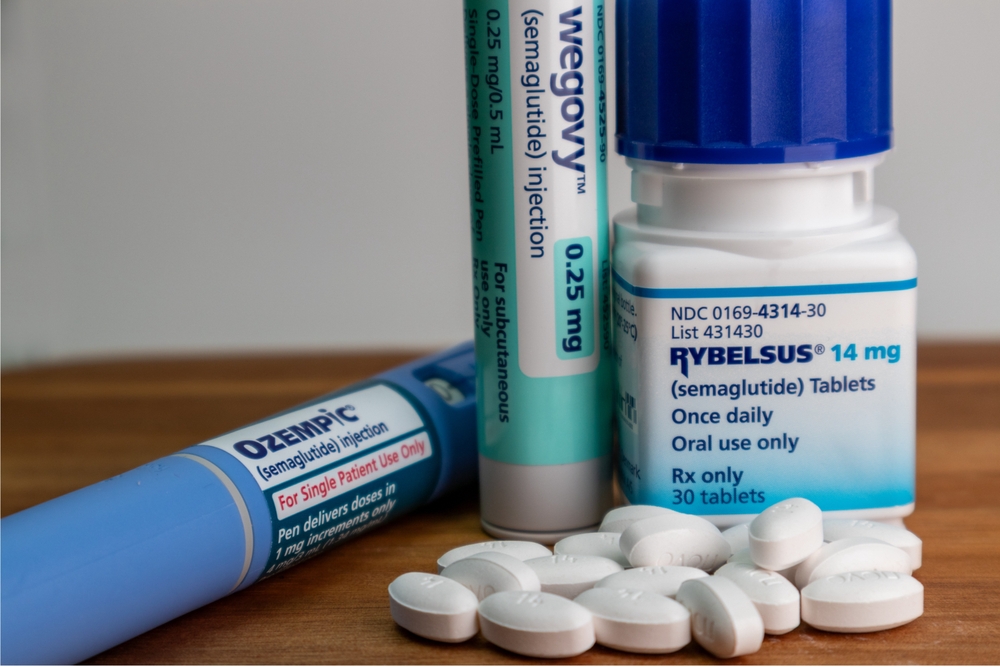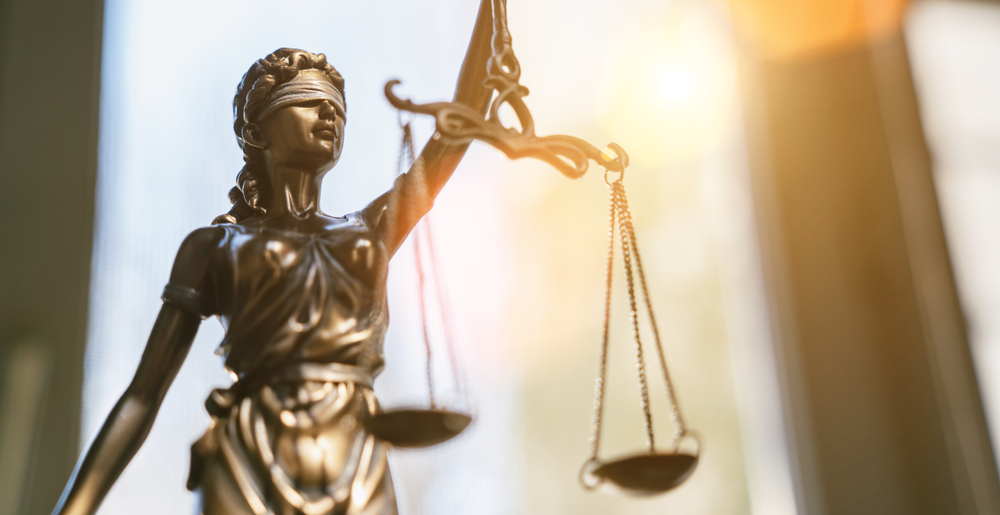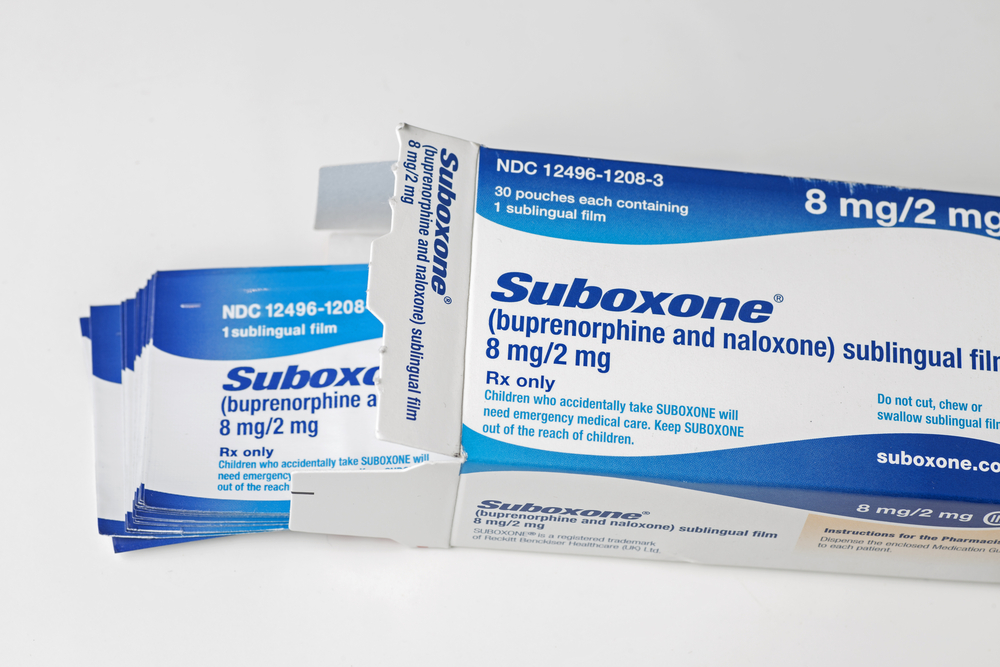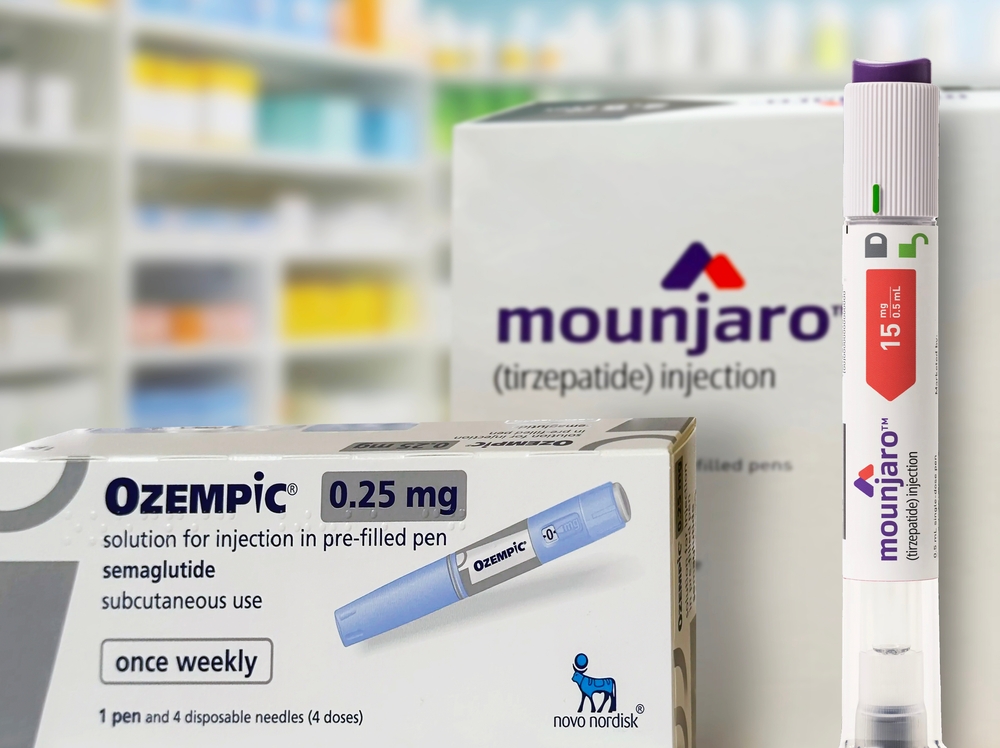New Purdue Pharma Opioid Settlement Depends on Sackler Family Legal Shield
Members of the Sackler family hope an appeals court will grant them legal protections that would make it impossible for people to file future opioid civil lawsuits against them. The Sackler family owns Purdue Pharma, a company known to have played a major role in America’s opioid crisis. Although at first glance it seems such a decision would be frowned upon, on April 29, inside the 2nd Appellate Court of New York, lawyers for not only the Sacklers but also lawyers advocating for victims of the opioid crisis asked a panel of judges to grant the Sacklers protection.
The reason? It would be a way to get a large amount of funding, $10 billion, to opioid abatement programs nationwide. Many individuals, particularly those who have lost loved ones to drug overdoses, believe it is long overdue. The money is a significant part of a new settlement involving Purdue Pharma. A previous opioid settlement agreement was thrown out because one of its provisions would shield the Sackler family from facing individual opioid lawsuits. Over the past two decades, 500,000 people have died due to opioids, and Purdue Pharma, with its manufacturing and heavy-handed marketing of Oxycontin, is considered to have played a major role in the crisis.
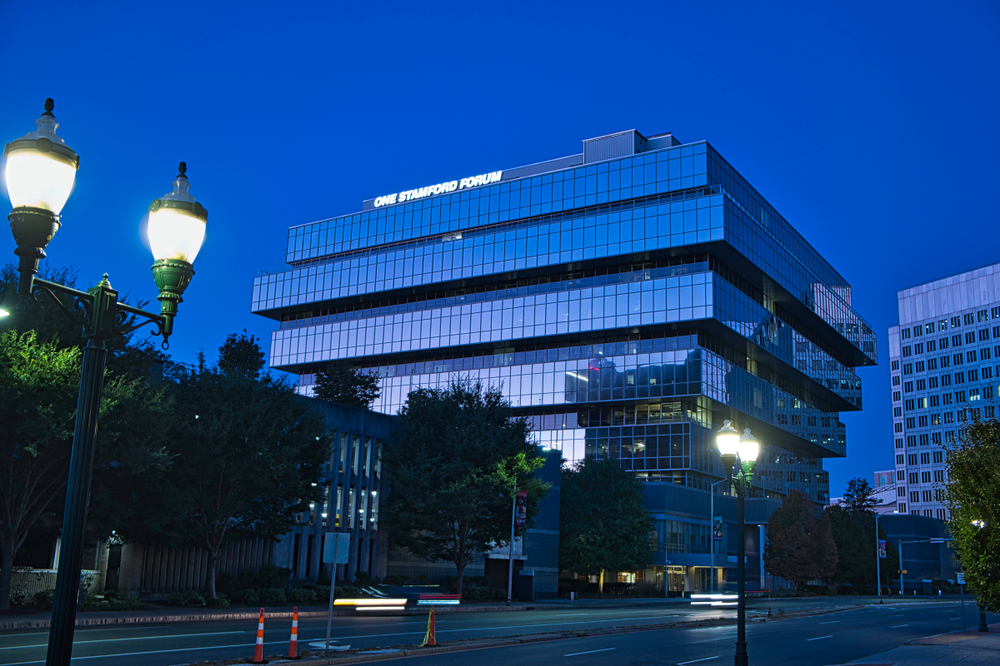
Back in 2019, after thousands of lawsuits were filed against the company, Purdue Pharma filed for bankruptcy protection. Three years later, Purdue Pharma is attempting to emerge from bankruptcy. In March, a settlement agreement moved forward requiring the company to provide $10 million to the nationwide fund, which will be managed in large part by local and state governments. For their part, the Sackler family itself would contribute $6 billion to the total. In return, the family wants protection against future opioid-related civil lawsuits. Sackler family members would also give up ownership of the company, and Purdue would then become a new entity known as Knoa Pharma.
While most governments and other entities that originally sued Purdue have agreed to the terms, the Office of the U.S. Bankruptcy Trustee, an arm of the federal Justice Department, has concerns. The chief one is whether a bankruptcy court judge has the authority to grant members the protection.
The Debate About the Sackler Family Legal Shield
According to a report by PBS, before the appeals court began oral arguments, more than 1,000 families of opioid victims sent a letter asking for the legal shield to be approved.
“If this plan is not implemented, the states would have to wait years to recover money to be used for abating the opioid crisis,” their letter said. “With drug overdoses occurring at record rates, that is time we cannot afford.”
Yet, on April 29, inside the courtroom, attorneys representing the federal government reiterated their belief that since the family hasn’t filed bankruptcy itself, they should not benefit from this type of protection, and at least one judge seemed to lean towards this argument.
According to Reuters, Judge Jon Newman gave little weight to the argument that the Sackler protections were necessary to secure funding for opioid settlements. “Please don’t shoot yourself in the foot by saying it is the contributions of the Sacklers that make this plan lawful, said Judge Newman.
However, according to a report by Associated Press, Mitchell Hurley, a lawyer on Purdue’s side, disagreed with that thinking. Hurley believes the panel needs to approve the protection to see a fair outcome rather than seeing the opioid fight continue in trials across the country. “The releases at issue are not only important to the plan, they are absolutely essential,’’ Hurley said.
It is unknown how long it will take for the judges to reach a decision. However, an appeal to the U.S. Supreme Court is also possible.
Along with that, if the judges choose to side with Purdue Pharma and grant the family the legal shield, the company will still need to go back to the bankruptcy judge for final approval.











